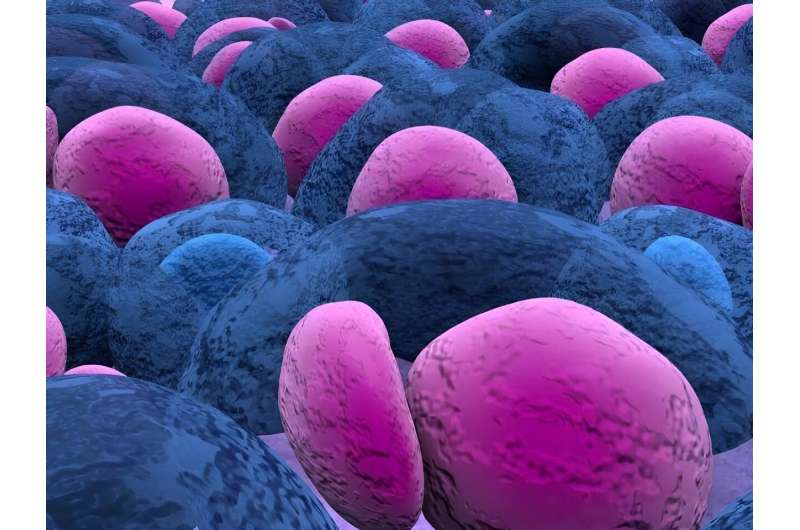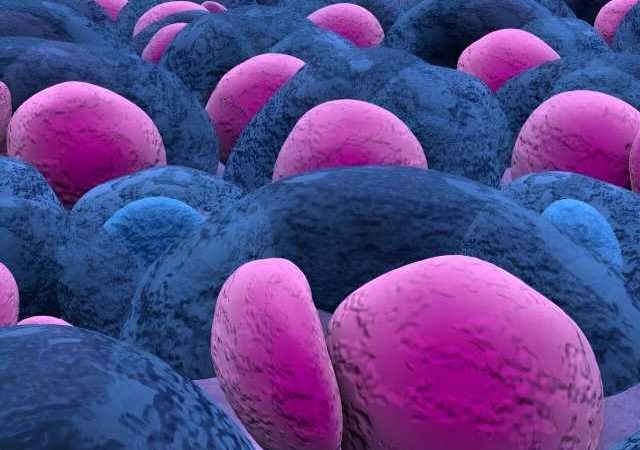
Younger adults with newly diagnosed multiple myeloma who receive an autologous stem cell transplant (auto-HCT) have a median progression-free survival (PFS) of approximately 3.5 years and a median overall survival (OS) of 12 years, according to a study published online June 27 in the British Journal of Haematology.
Oren Pasvolsky, M.D., from University of Texas MD Anderson Cancer Center in Houston, and colleagues performed a retrospective chart review to characterize outcomes for 117 younger patients with a median age of 37 years (range, 22 to 40 years) undergoing auto-HCT for multiple myeloma at the MD Anderson Cancer Center.
The researchers report that before transplant, 10 percent of patients achieved at least complete response (≥CR) and 44 percent achieved at least very good partial response (≥VGPR). For best posttransplant response, 56 and 77 percent achieved ≥CR and ≥VGPR, respectively. Median PFS and OS were 43.1 and 146.6 months, respectively. Compared with patients transplanted earlier, patients undergoing auto-HCT after 2010 had better median PFS (84.9 versus 28.2 months) and OS (not reached versus 91.8 months). Achieving ≥CR as best posttransplant response was associated with improved PFS (hazard ratio, 0.55); achieving ≥VGPR was predictive of superior OS (hazard ratio, 0.32).
“Younger multiple myeloma patients had durable survival after auto-HCT, which further improved after the availability of novel antimyeloma drugs in recent years,” the authors write.
More information:
Oren Pasvolsky et al, Outcomes of young adults (aged ≤ 40 years) with newly diagnosed multiple myeloma after up‐front autologous stem cell transplant, British Journal of Haematology (2023). DOI: 10.1111/bjh.18944
Journal information:
British Journal of Haematology
Source: Read Full Article
